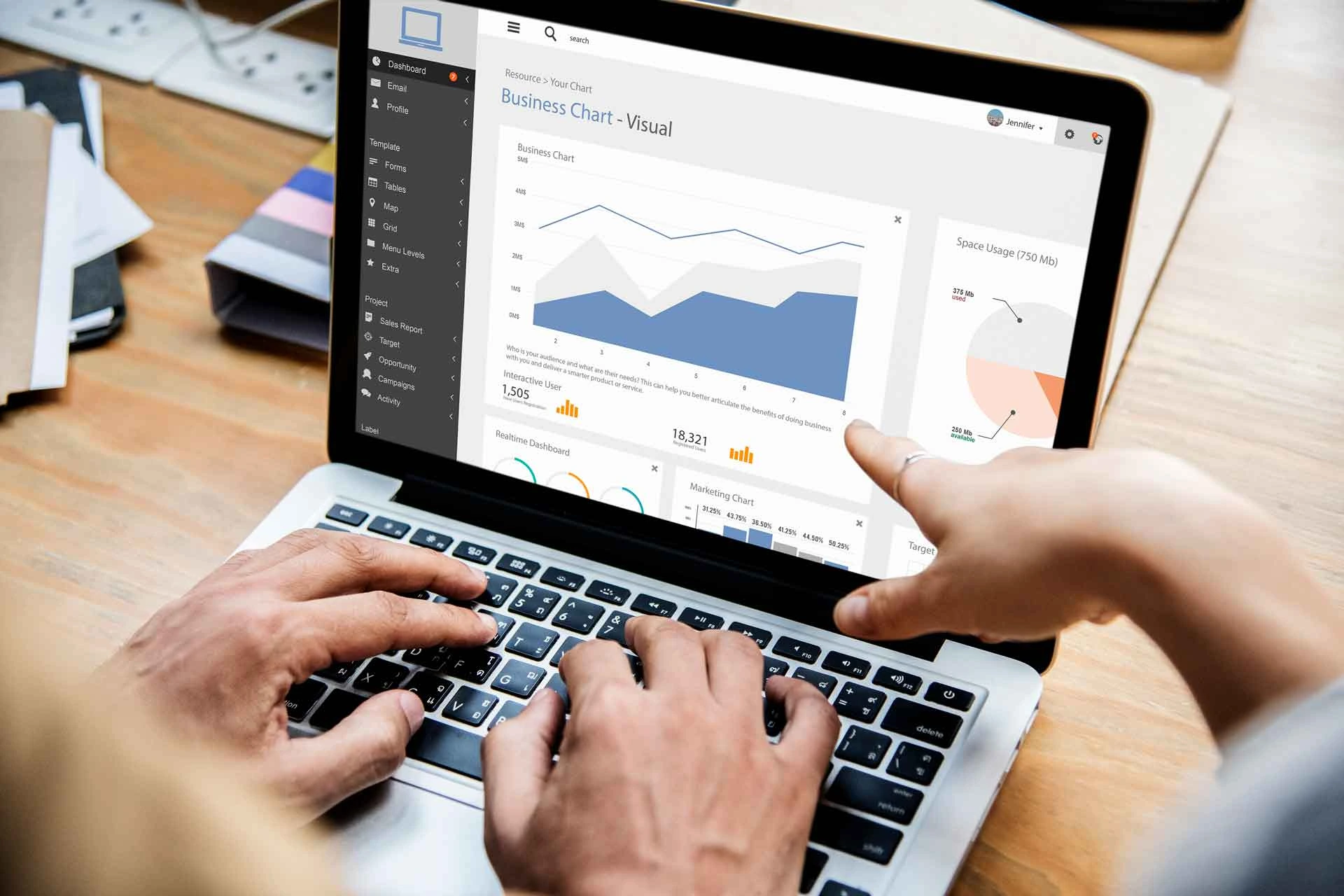The second most common reason I receive inquiries from businesses seeking an accountant is that their prior accountant died. Usually there was no preparation for transition. This tragedy is no longer even an unexpected situation. This rising trend tells me two things: 1) small business accountants are staying on the job too long, 2) the lack of succession planning is a significant issue. In almost all cases, from the business’ perspective, this pattern makes it more difficult to assimilate with a modern accountant.
Industry sources report that More than half of the current small business CPAs are working past their planned retirement age. Apparently a greater portion of these are working in their own small practices. Given the advanced age of workers and the health risks that a sedentary work career typically associated with accounting profession, it is not surprising that more accountants are dying on the job.
These businesses seeking a new accountant are often unaware of the challenge they face now. They may assume that the goal is to replace the accountant with similar services, fees, and controls as they had in the past. But those service providers no longer exist. Today’s accountants are required to focus on security, automation, and financial controls. One business owner told me that he did not even have a computer because the accountant “took care of all of that”. That type of disconnect will not work in most businesses of the future. Meanwhile, the cost of accounting and security for government compliance and financial management today might be in the range of 3 to 4 percent of small business revenues as opposed to 2 percent only a decade ago. Despite these challenges, the transfer process can have positive results.
“One business owner told me that he did not even have a computer because the accountant “took care of all of that”.
In the past, small business accounting systems were based on specific individuals providing specific services. Changing accountants is a traumatic experience. Modern accounting systems can substitute workers without risking a loss of security or momentum. More of the work is done through automation, so the accountant must manage the quality of automation, not so much the individual transactions. This means that the next accounting firm change will be less disruptive.
We also see that today’s small business CPAs are much more acclimated with providing proactive services to increase income and cut costs for client, rather than provide after-the-fact passive services as was the norm in the past. That comes as a welcome surprise to new clients after an accounting service transformation.
We observe that the mindset and professional training of tomorrow’s growing small business accountants is vastly different from those of the generation of accountants that they replacing, The small business market has indicated that it ready for the change. But businesses who maintained a relationship with an older generation accountant, literally to the time when they died, are likely to face more challenges in making the transition.
When it becomes necessary to replace accountants, our commitment is to make the transition as easy as possible for small businesses while minimizing concerns of owners, employees , customers and vendors. In many cases we see that the potential to increase revenues and cut expenses can be tapped at this time with new systems and new accounting professional perspective.

